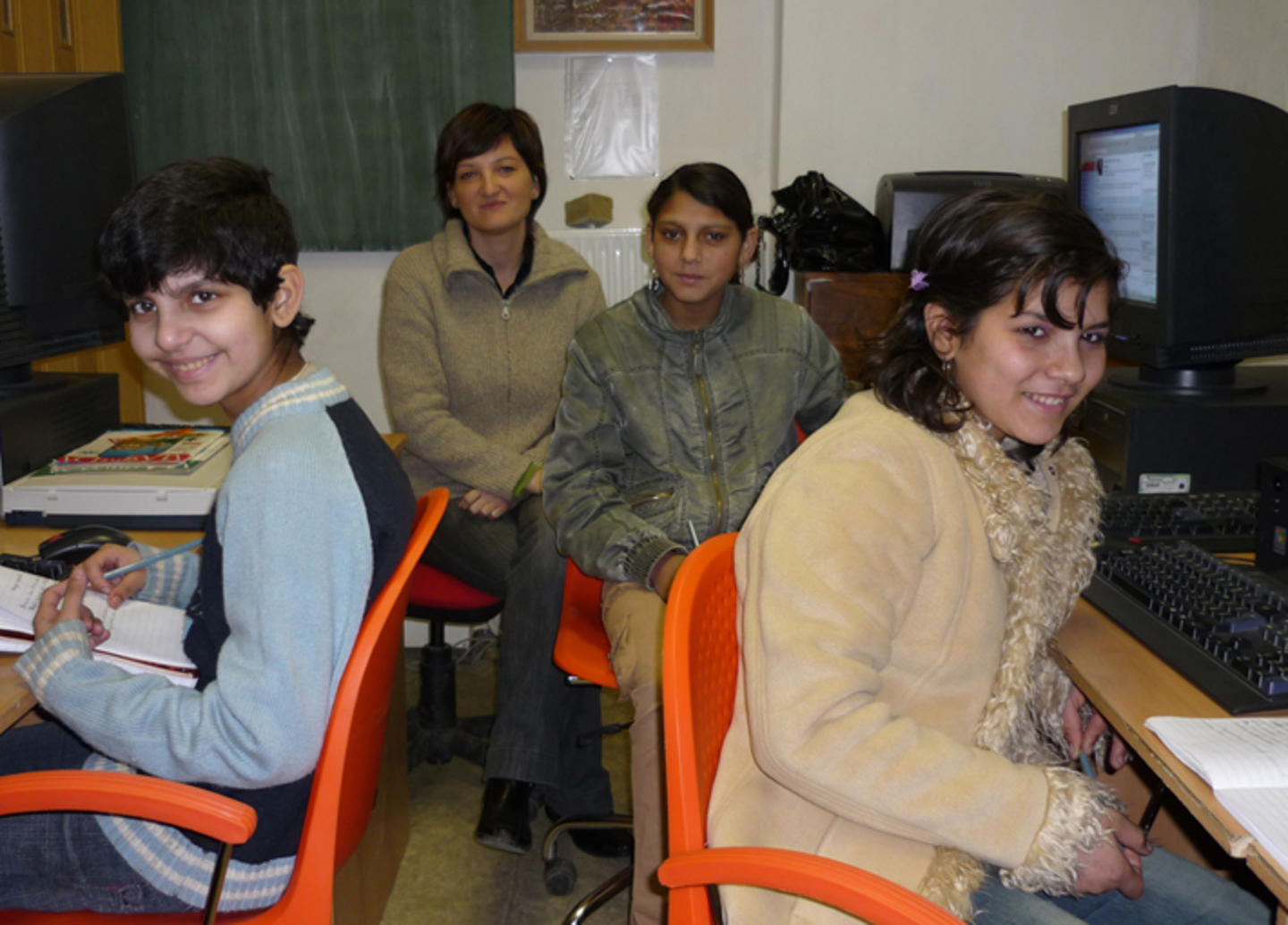The Roma is Europe’s most disadvantaged minority. In Romania, they constitute one of the major minorities, numbering 2.5% of the total population, according to the 2002 census. However, a UNDP report from 2006 estimates high underreporting of Roma ethnicity in Romania, and suggests the real number to be between 8 and 11%.
To improve the situation for the Roma, the NGO fund of the EEA Grants in Romania awarded funding in the 2004-09 period to civil society organisations seeking to improve – directly or indirectly – education and social services for Roma. Funding was provided to support the work of NGOs seeking to improve the Roma’s chances of receiving a proper education and finding employment, reaching out to young Roma to keep them away from crime and drugs, and aiming to strengthen Roma’s access to public health and social services.
Improving education
The rates of illiteracy among the Roma in Romania are high – 30% compared with 3% for Romania as a whole – and improving education and ensuring access to out-of-school activities are seen as key to improve the living conditions and ensure social inclusion of the Roma.
Three projects focused on enhancing education for Roma students and organising healthy spare time activities for them. The project ‘Closer to future’, improved the education facilities in the Ferentari district of Bucharest, which is well-known for its social problems. The second project focused on improving education and access to healthy spare time activities for children from disadvantaged groups in Bucharest, while the third project aimed to stimulate teenagers from poor families in Lasi to get more actively involved in community life.
Increasing access to health and social services
Strengthening the Roma’s access to public health and social services is another important means to enable further social inclusion of the Roma. The projects span from the support to the NGO Ruhama Foundations work to consolidate the NGOs’s capacity to provide quality social services and social inclusion programmes, to an evaluation project mapping the status quo and drafting a policy recommendation regarding the improvement of access to public health services for the Roma
Romanian NGO fund
In total, the Romanian NGO fund provided grant support to 115 civil society projects in Romania in the fields of human rights protection, anti-discrimination and social inclusion, social services and support to children and youth, the environment and conservation of cultural heritage.
Photo credit: Nadacia skola dokoran
